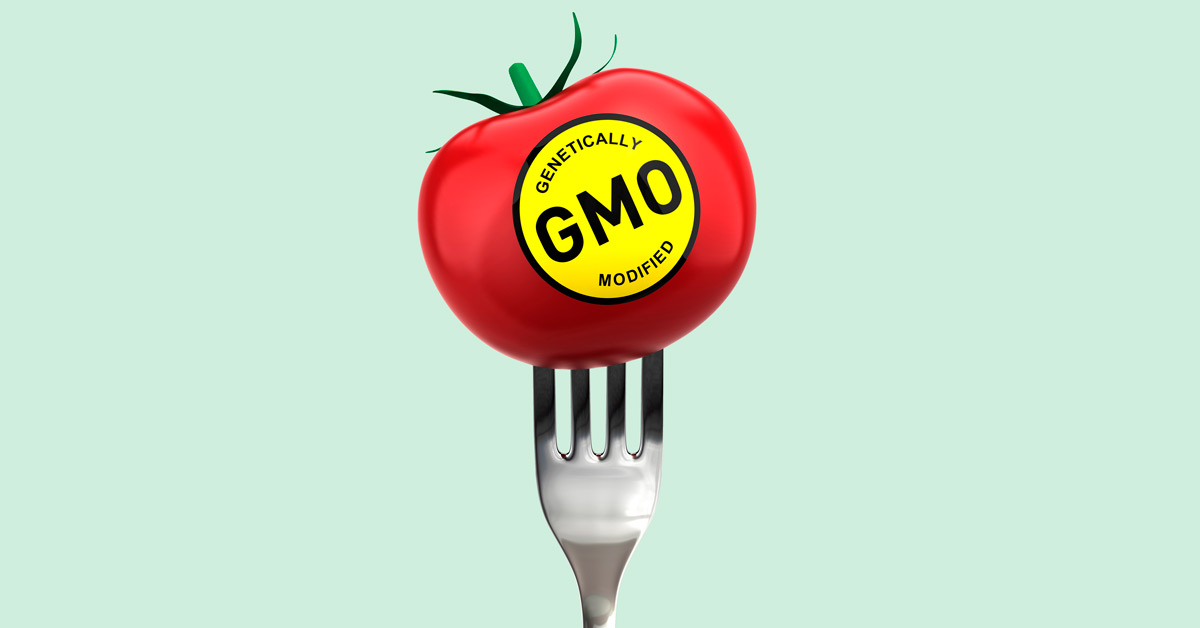
Food Standards Agency must require labels to ensure safety and transparency
The UK Food Standards Agency (FSA) has published a paper on the Genetic Technology (Precision Breeding) Bill, which reports the results of its consumer research on gene editing and other GMO technologies claimed as "precision breeding".
The findings show that the level of consumer awareness of these technologies was low. In GMWatch's view, this is not surprising given the fact that the FSA called gene editing and other GM technologies "precision breeding", a misleading term that the UK government invented to hide the fact that the products of these technologies are in fact GMOs. Accordingly, three-quarters of polling respondents (75%) had not heard of precision breeding.
Consumers thought benefits outweighed risks if the technology was properly regulated, but they "were very clear in their desire for thorough safety testing of all new precision bred products. They wanted to know that risk assessments would have high standards and require strong evidence and that the FSA’s work to regulate precision bred foods would be adequately funded so that consumers can trust that the processes are followed thoroughly."
They also wanted labelling (they don't seem to have been given the choice to demand a "GM" label but were restricted to demanding a "precision bred" label): "Workshop participants felt very strongly that precision bred products should be labelled as precision bred. While existing mandatory labelling would inform consumers of any changes to the characteristics of the product, participants felt that this would not be sufficient on its own. They argued that being able to identify precision bred products via labelling is critical for transparency, and therefore to consumer choice and public trust. Survey respondents agreed, with nearly four in five (77%) saying it would be important when buying a food item to know if it had been precision bred, and nearly half (45%) saying it would be ‘very’ important. Only one in six (15%) say knowing this would not be important."
The FSA's results closely reflect those of a YouGov poll commissioned by Beyond GM, which found that
* 79% of adults in the UK think that precision bred crops, animals and foods should be clearly labelled on the food package
* 83% think precision bred organisms should undergo safety testing before being put on sale
* 80% think they should undergo environmental safety testing
* 79% think they should be traceable through the farming and food system.
Now the FSA's own research shows that it has a duty to demand strict regulation of all GM technologies and ensure proper on-package labelling of their products in order to ensure consumer safety, transparency and choice.










